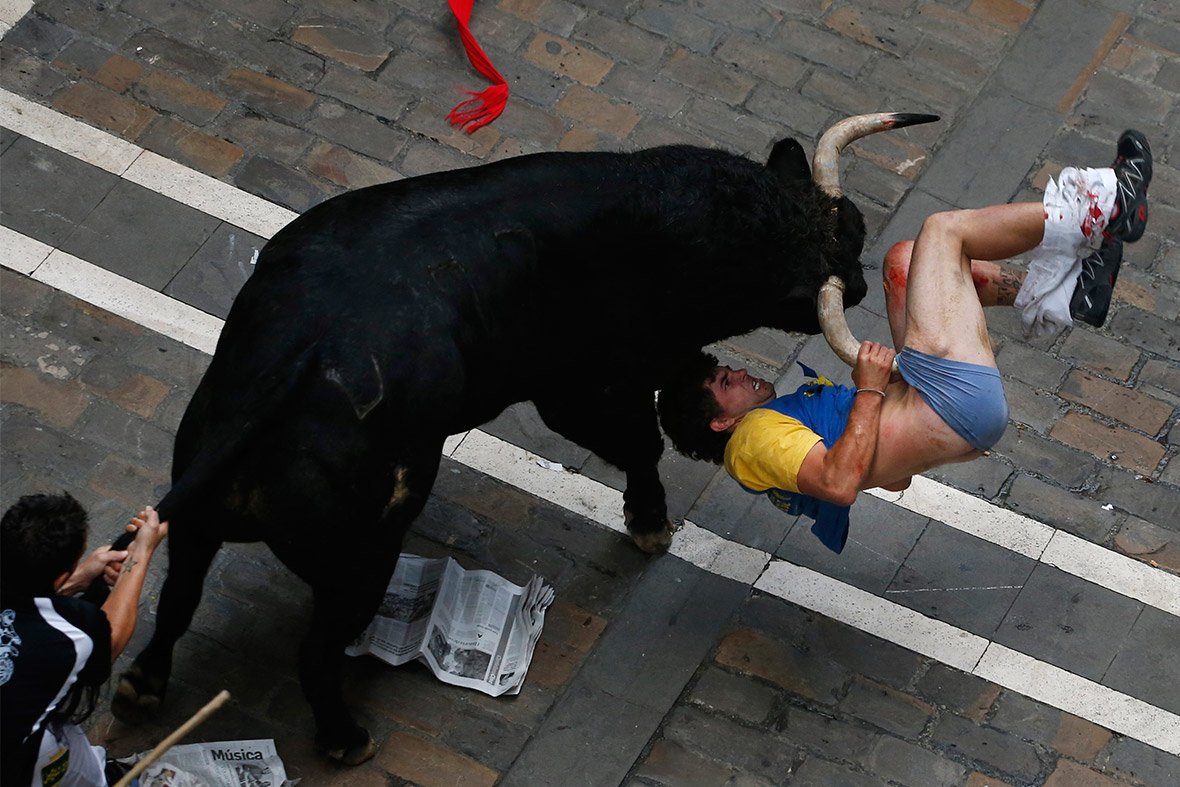NW-Bound
Give me a museum and I'll fill it. (Picasso) Give me a forum ...
- Joined
- Jul 3, 2008
- Messages
- 35,712
... M* fund total return for 5 years ending 6/30/2014 was 16.37%, investor returns were 13.59%, my returns per Quicken were 17.34%. Yea! Guess I picked up some of that "average" investor money.
That's what I have been tryin' to tell y'all.
If you got ahead in the last 15 years, with the S&P as lousy as it was, either you did some buy-low-sell-high yourself, or relied on MF managers like Wellesley to do it for you.









